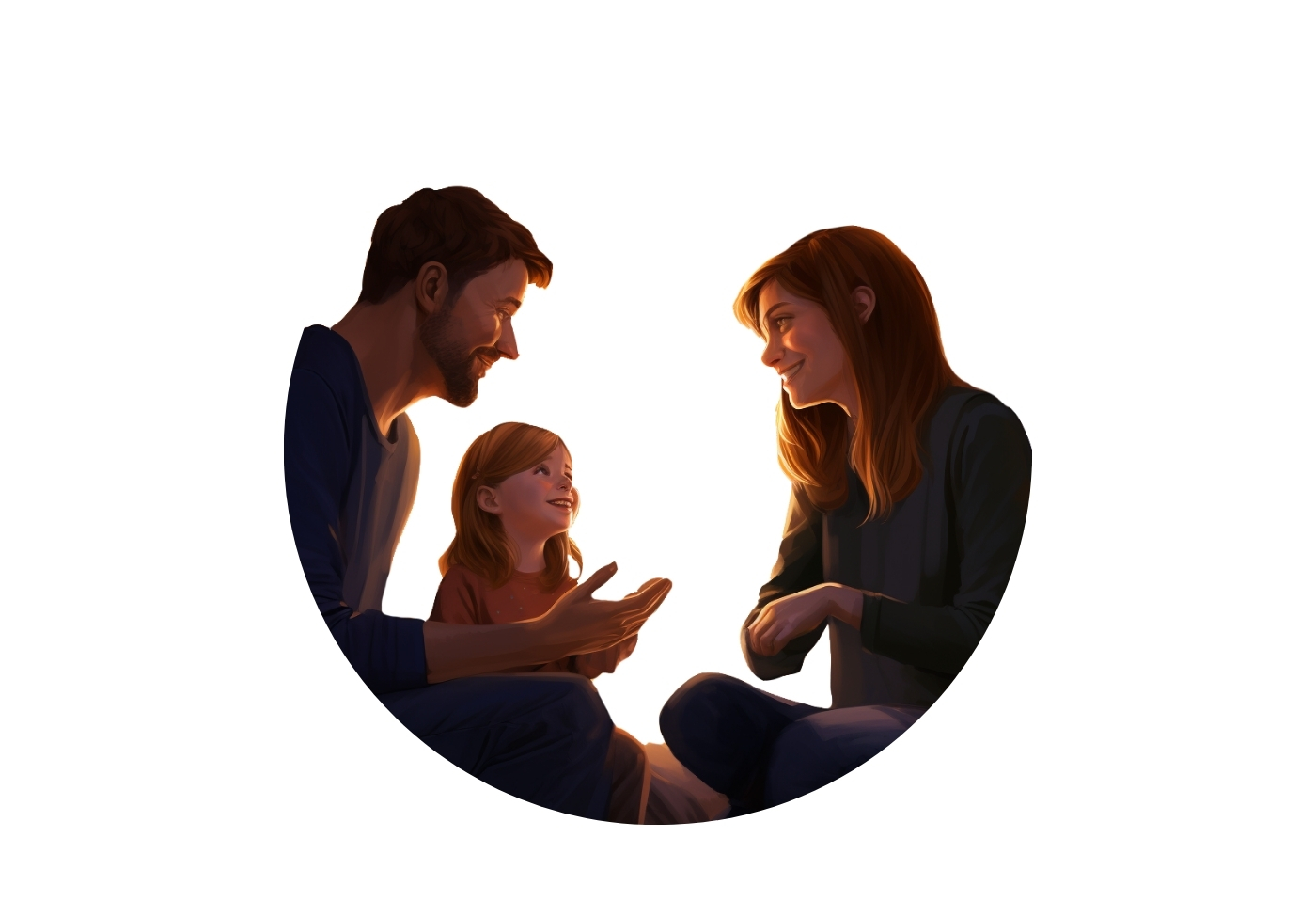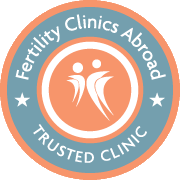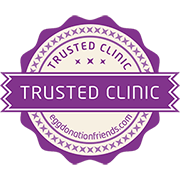How to Discuss Egg or Sperm Donation with Your Children
by Dimitrios Dovas, last updated 01 Feb 2024,
4 min read
The moment a child is brought into your life, it becomes the center of your world. Part of caring for your child involves having essential and sometimes difficult conversations. One such conversation could be about their conception through egg or sperm donation. These discussions are crucial as they contribute to your child's understanding of their identity and origins.
Understanding Egg/Sperm Donation
Egg and sperm donation enable single women and couples to overcome fertility challenges and experience parenthood.
This treatment option is often considered by women who do not produce enough regular eggs but are otherwise able to become pregnant.
The egg donor receives hormone injections to induce the production of multiple eggs, which are then retrieved and inseminated with sperm from the partner or a donor. The fertilized eggs develop into embryos, then transferred to the recipient's uterus.
Sperm donation is used in Intrauterine Insemination (IUI) and In Vitro Fertilization (IVF) treatments. In IUI, washed sperm is injected into the uterus, while in IVF, mature eggs are combined with donor sperm. These treatments are also available for same-sex couples and single women, with counseling provided to help understand the emotional, ethical, and legal aspects.
The Importance of this Conversation
Parents may need to discuss egg or sperm donation with their children for various reasons. The most significant reason is the child's right to know their genetic heritage. Understanding one's genetic lineage can have profound implications on a person's self-identity and health considerations in the future. Moreover, being open about this aspect of their origin helps build trust and honesty within the family unit.

Advice on Initiating the Conversation
When discussing such sensitive topics with your kids, timing and approach are vital. Here are some actionable tips to guide you through this process:
- Start Early: It's generally recommended to start these discussions early, when your child is still young. Young children are naturally curious and more likely to accept information without judgment.
- Use Age-appropriate Language: Keep the language simple and age-appropriate. For younger children, you might explain that you needed help from a kind person (the donor) to create them.
- Reiterate Your Love: Always reassure your child that your love for them isn't determined by genetics. They must understand that families are built on love and care, not just genetic ties.
- Prepare for Questions: Children will naturally have questions about this, some of which you may not anticipate. Being prepared to answer their questions honestly and openly is important.
- Honesty is Key: Be honest about the process, without overwhelming your child with too much information at once. It's okay to say, "I'll explain more when you're older," if they're not ready for specific details.
Navigating Further Discussions
As your child grows older, their understanding of the concept will evolve, and they may have more complex questions. Maintaining an open dialogue and letting them know it's okay to talk about it at any time.
Remember, discussing egg or sperm donation with your children isn't a one-time conversation; it's a continuous dialogue that evolves as they grow and develop.
Impact of Assisted Reproduction on Mother-Child Relationships and Child Adjustment
According to a relevant study, there's a well-recognized concern about the impact of assisted reproduction on mother-child relationships and child adjustment from infancy to adulthood.
However, the study found that children conceived through assisted reproduction techniques form just as strong bonds with their mothers as those created naturally. It also showed that these children adjust well as they age, demonstrating the same social competence and well-being as their peers ("A Longitudinal Study of Families Formed Through Third-Party Assisted Reproduction: Mother–Child Relationships and Child Adjustment From Infancy to Adulthood).
Conclusion
Seeking professional counseling is essential before embarking on donor treatments, as the process can be emotionally taxing. Psychosocial counseling helps manage expectations and stress, providing insight into the psychological, social, and legal aspects of donor treatments. It offers a supportive space for expressing concerns and making informed decisions, ensuring that patients are well-prepared for the journey ahead.
Similarly, open communication is vital in nurturing a healthy relationship between parents and children conceived through donation. While discussing egg or sperm donation with children may be challenging, approaching the conversation with patience, love, and honesty can strengthen family bonds. Each child's response will differ, and some may need additional time and support to understand their origins. Parents should remain patient, offer support, and reassure their children of their unconditional love throughout this process.
Feel free to contact our team for any questions or clarifications, and we will be by your side throughout this unique journey.

Dimitrios Dovas, MD, DFFP
Dimitrios is the Clinical Director of Newlife Center of Reproductive Medicine, in Thessaloniki Greece and is also responsible for all international patients.









